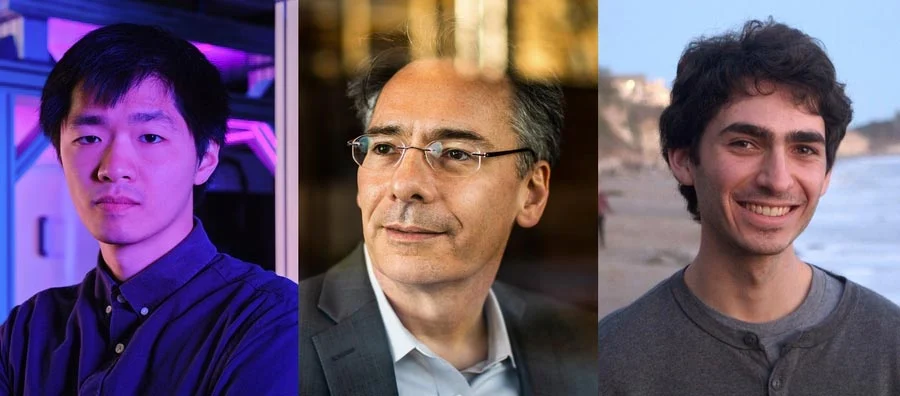Recent advancements at MIT have marked a significant milestone in quantum computing with the development of fluxonium qubits achieving unprecedented gate fidelities. The research team, led by David Rower, Leon Ding, and William D. Oliver, demonstrated a remarkable single-qubit fidelity of 99.998 percent, complementing their earlier achievement of 99.92 percent two-qubit gate fidelity.
At the core of quantum computing lies the challenge of maintaining qubit stability. Unlike classical computer bits, qubits can exist in multiple states simultaneously, making them powerful but extremely sensitive to environmental interference. This sensitivity leads to decoherence, where qubits lose their quantum information, posing a significant obstacle to practical quantum computing applications.
The MIT team tackled this challenge through two innovative approaches. First, they developed “commensurate pulses,” a elegantly simple technique that synchronizes pulse timing with the qubit’s frequency. This method effectively manages counter-rotating errors, which typically emerge when attempting to perform faster quantum gates. The second approach involved creating a synthetic version of circularly polarized light, manipulating the qubit’s magnetic flux and electric charge to enhance control precision.
The breakthrough centers on fluxonium, a specialized type of superconducting qubit that differs from traditional transmon qubits by incorporating a superinductor. This additional component provides better protection against environmental noise, enabling more accurate logical operations. Despite fluxonium’s lower operating frequency, which typically implies slower gate operations, the team achieved both high speed and exceptional fidelity, setting new standards in the field.
The significance of this research extends beyond the immediate technical achievements. High gate fidelities are crucial for implementing quantum error correction, a fundamental requirement for practical quantum computing. The team’s methods are particularly valuable because they require no additional calibration overhead and can be applied across different quantum computing platforms.
The timing of this breakthrough is particularly relevant in light of Google’s recent announcement of their Willow quantum chip, which demonstrated quantum error correction beyond the threshold for the first time. The MIT team’s achievements in pushing qubit performance even higher suggest the potential for reduced overhead requirements in implementing error correction, bringing us closer to fault-tolerant quantum computing.
Looking forward, these advances in fluxonium qubit control and fidelity represent more than just technical improvements. They demonstrate the fruitful intersection of fundamental physics concepts with practical engineering solutions. The research leverages principles similar to those recognized by the 2023 Nobel Prize in Physics for ultrafast attosecond light pulses, showcasing how theoretical understanding can drive practical innovations in quantum computing.
The research team’s success in achieving world-record gate fidelities while maintaining high operational speeds represents a crucial step toward reliable quantum computing systems. Their platform-independent strategies for managing counter-rotating effects provide a clear path forward for the field, offering practical solutions to long-standing challenges in quantum control and manipulation.
This work, published in PRX Quantum, exemplifies the Engineering Quantum Systems (EQuS) group’s approach to quantum computing research, combining deep physical insights with innovative engineering solutions. As the field continues to evolve, these advancements in qubit performance and control techniques bring us closer to the reality of practical, fault-tolerant quantum computers capable of solving complex problems beyond the reach of classical computing systems.
Reference: “Suppressing Counter-Rotating Errors for Fast Single-Qubit Gates with Fluxonium” by David A. Rower, Leon Ding, Helin Zhang, Max Hays, Junyoung An, Patrick M. Harrington, Ilan T. Rosen, Jeffrey M. Gertler, Thomas M. Hazard, Bethany M. Niedzielski, Mollie E. Schwartz, Simon Gustavsson, Kyle Serniak, Jeffrey A. Grover and William D. Oliver, 13 December 2024, PRX Quantum. DOI: 10.1103/PRXQuantum.5.040342


